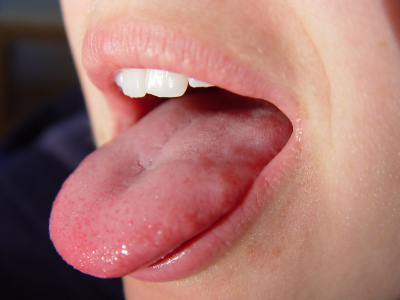Dry mouth is also known as Xerostomia.
Not until we suffer from a dry mouth, do we appreciate the role of saliva.
People may suffer from low saliva production for many reasons.
The most common ones are:
- Taking medication such as antidepressants, antihistamines and medication for treating high blood pressure.
- After receiving radiation therapy in the head-neck area. This can damage the salivary cells and limit the production of saliva.
- Suffering from other systemic diseases like Sjogren’s syndrome and diabetes.
- Surgery to the neck area where the salivary glands are affected.
- Smoking
- Alcohol
As we age some of us will experience lower saliva production and hence a drier mouth.
The role of saliva:
- Lubricates the mouth.
- Protects the teeth from decay and gum disease.
- Enzymes in the saliva soften and break down the food to make it easier to swallow and taste.
- Protects the tongue, lips and the inside of the cheeks from drying up and cracking.
- Facilitates speech.
What should I do if I have a dry mouth?
- If dry mouth is caused by a specific medication, ask your doctor for alternative medicine if possible.
- If the cause of your dry mouth is lower salivary gland function, try to stimulate it by chewing sugar free gums.
- If your saliva production is extremely low, you could use saliva replacing products.
Other tips that may help:
- Visit your dentist regularly to monitor your oral health.
- Use mouth lubricators to protect lips and tongue from cracking and to facilitate speech.
- Drink sugar free fluids with food to facilitate chewing and swallowing and even for better digestion.
- Brush your teeth and gums gently and meticulously to prevent decay and gum disease.
- Rinse with mouthwashes rich in Fluoride. Fluoride neutralises early decay and strengthens the surface of the tooth.
- Avoid alcohol as it dehydrates the mouth.
